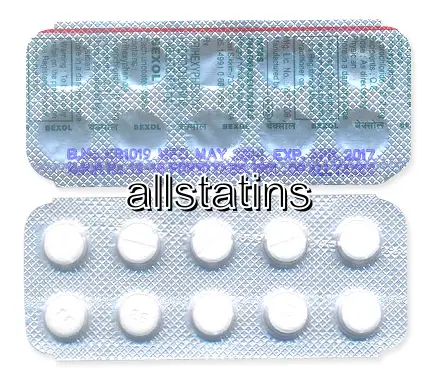Buy Trihexyphenidyl Online in the USA at All Statins
| Package | Dosage | Price | Price per Dose | |
|---|---|---|---|---|
| Dosage: 2mg | ||||
| 360 pill | 2mg | $496.92 | $1.38 | |
| 180 pill | 2mg | $265.49 | $1.47 | |
| 120 pill | 2mg | $191.94 | $1.60 | |
| 90 pill | 2mg | $154.27 | $1.72 | |
| 60 pill | 2mg | $113.00 | $1.88 | |
| 30 pill | 2mg | $66.36 | $2.19 | |

Trihexyphenidyl Description
Overview of Trihexyphenidyl
Trihexyphenidyl is a medication primarily used to treat symptoms associated with Parkinson's disease and certain movement disorders. It belongs to the class of drugs known as anticholinergics, which work by blocking the action of acetylcholine in the nervous system. This helps to balance the neurotransmitters in the brain, thereby reducing tremors, rigidity, and other involuntary movements. It is often prescribed when other medications, such as levodopa, are not sufficient on their own. As with any medication, it is essential to use Trihexyphenidyl under medical supervision to ensure safety and effectiveness.
Effectiveness and Benefits
Many patients find Trihexyphenidyl effective in managing the motor symptoms of Parkinson's disease. It can significantly reduce tremors and help improve muscle control, making daily activities easier. The medication is also beneficial for treating drug-induced Parkinsonism, a condition caused by other medications that interfere with normal motor function. Users frequently report noticeable improvements within a few days of starting therapy. Its benefits include smoother movement and a decrease in stiffness, which can greatly enhance quality of life. However, it’s important to remember that Trihexyphenidyl is not a cure for Parkinson's but rather a symptom management tool.
Potential Side Effects
While Trihexyphenidyl offers benefits, it may also cause side effects in some users. The most common include dry mouth, blurred vision, constipation, dizziness, and urinary retention. Some individuals may experience confusion, memory difficulties, or hallucinations, particularly at higher doses or in older adults. Due to its anticholinergic properties, long-term use can be associated with cognitive decline, especially in elderly patients. Therefore, regular monitoring by a healthcare professional is recommended. Patients should report any unusual symptoms or adverse reactions promptly, as dosage adjustments or discontinuation may be necessary.
Usage and Precautions
Trihexyphenidyl should be taken exactly as prescribed by a healthcare provider. It is usually administered orally, either in tablet form or as an oral solution. The dosage varies based on individual needs, age, and response to treatment. To minimize side effects, practitioners often start with a low dose and gradually increase it. Patients are advised to avoid alcohol and other sedatives while using this medication, as they can intensify side effects like drowsiness or dizziness. Caution is particularly important for elderly users or those with pre-existing conditions such as glaucoma, urinary retention, or cardiovascular disease. Regular follow-up appointments are essential for monitoring effectiveness and managing any adverse effects.
Conclusion
In summary, Trihexyphenidyl can be an effective medication for controlling movement symptoms associated with Parkinson's disease and drug-induced Parkinsonism. It offers significant relief for many patients, improving their mobility and comfort. Nevertheless, its use requires careful supervision due to potential side effects, especially concerning cognitive and anticholinergic impacts. As with any medication, a healthcare professional's guidance is crucial to maximize benefits and minimize risks. Proper usage and monitoring ensure that patients can enjoy the quality of life improvements that Trihexyphenidyl can provide.
